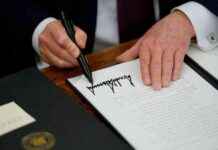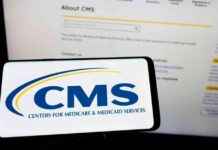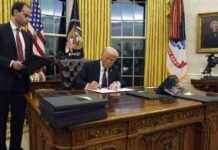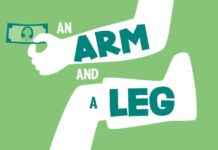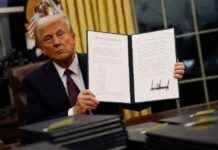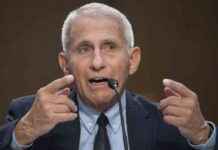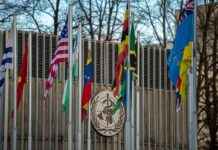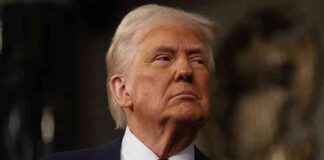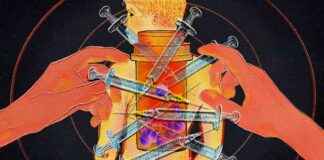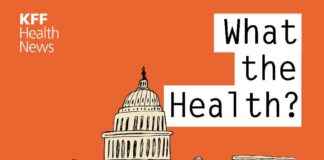Renowned Lawyer’s Controversial Claims About Measles Vaccine Debunked
Robert F. Kennedy Jr.’s recent commentary on the measles vaccine has sparked a debate among experts and the public, raising concerns about the accuracy of his statements. As a seasoned journalist with a keen eye for medical matters, delving into this contentious issue is imperative to shed light on the facts and dispel any misinformation that may be circulating.
The crux of Kennedy’s argument revolves around the assertion that the measles vaccine causes deaths annually, a claim that has been met with skepticism by medical professionals. While it is crucial to address this statement directly, it is equally important to contextualize it within the broader landscape of vaccine safety and efficacy.
Expert Insights on Measles Vaccine Safety
According to the Infectious Disease Society of America, there have been no documented deaths linked to the measles, mumps, and rubella (MMR) vaccine in healthy individuals. This assertion is further supported by Dr. Daniel Griffin, chief of the division of infectious diseases at Island Infectious Disease Medical in New York, who emphasized that the MMR vaccine has never been implicated in the death of an immunocompetent individual.
It is vital to acknowledge that vaccines, like any medical intervention, carry inherent risks. The measles vaccine, which contains a weakened virus to stimulate immunity, may result in side effects such as fever, seizures, clotting issues, and allergic reactions. While these adverse events are infrequent, they underscore the importance of informed decision-making when it comes to vaccination.
The Impact of Measles and Vaccination
Measles, a highly contagious disease, poses a significant threat to public health, particularly in communities with low vaccination rates. Prior to the introduction of the measles vaccine in 1963, millions of cases were reported annually, leading to hundreds of deaths from complications like pneumonia and encephalitis. The Lancet estimated that measles vaccines prevented nearly 94 million deaths globally between 1974 and 2024, underscoring the life-saving potential of immunization.
Despite the effectiveness of the measles vaccine, there remains a subset of individuals who may not achieve full immunity after vaccination. This underscores the concept of herd immunity, where widespread vaccination protects vulnerable populations such as those with compromised immune systems and young children who are ineligible for the vaccine until the age of one.
Rethinking Vaccine Misinformation
Kennedy’s claims about vaccine safety and efficacy have been met with skepticism from the medical community, with experts refuting the notion that the measles vaccine causes deaths annually. Reports to the Vaccine Adverse Event Reporting System (VAERS) have been cited as potential sources of misinformation, highlighting the need for critical evaluation of vaccine-related data.
While individuals have the right to make informed decisions about vaccination, it is crucial that they have access to accurate and scientifically sound information. In a landscape rife with misinformation and conflicting narratives, transparency and clarity are essential to foster public trust in vaccines and public health initiatives.
In conclusion, the debate surrounding the measles vaccine underscores the importance of evidence-based decision-making and the dissemination of accurate information to the public. As we navigate the complex terrain of vaccine safety and efficacy, it is imperative to prioritize public health and well-being above all else.
A spokesperson for the Department of Health and Human Services did not respond to requests for comment, underscoring the need for continued dialogue and engagement on critical health issues.

